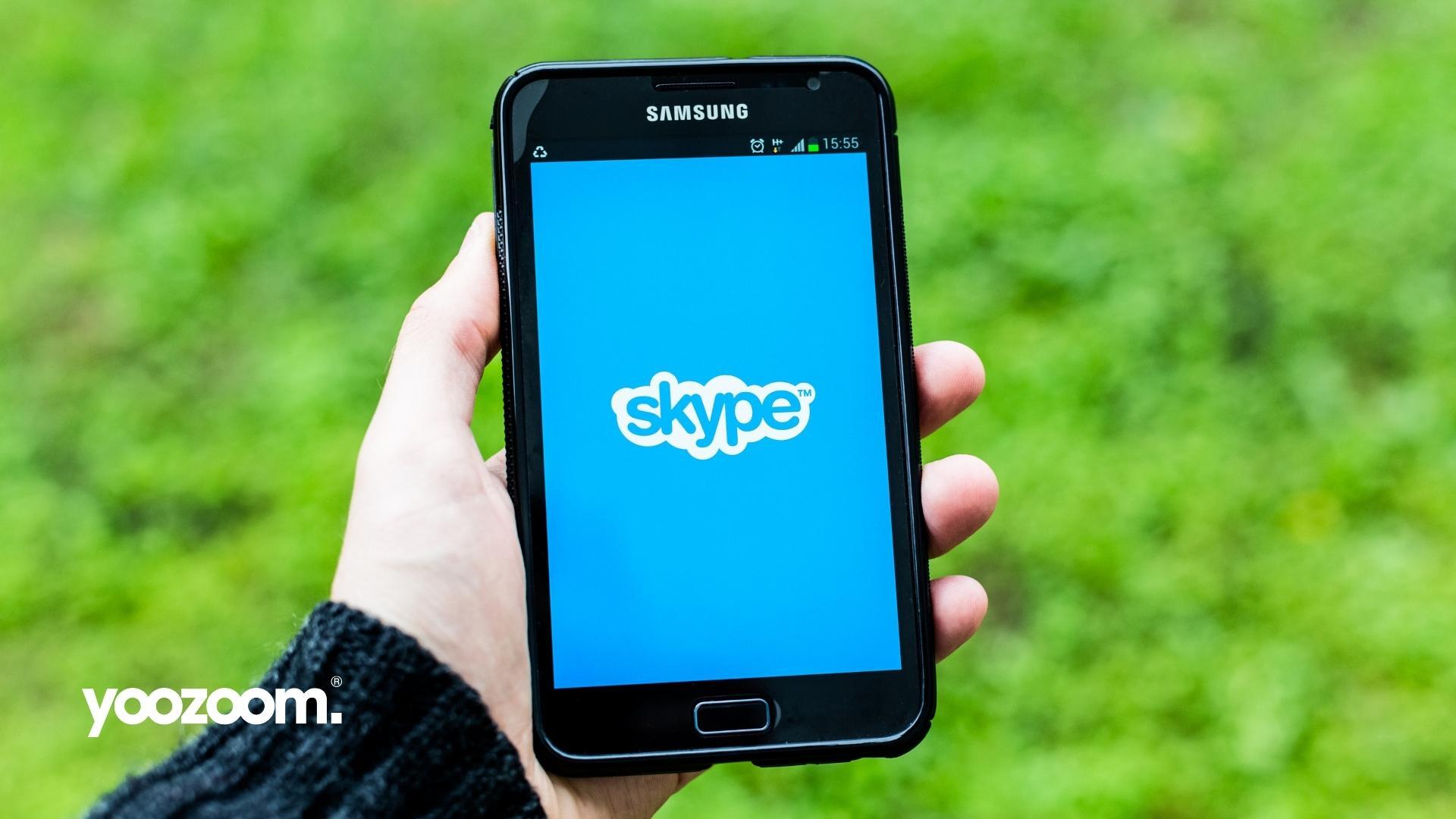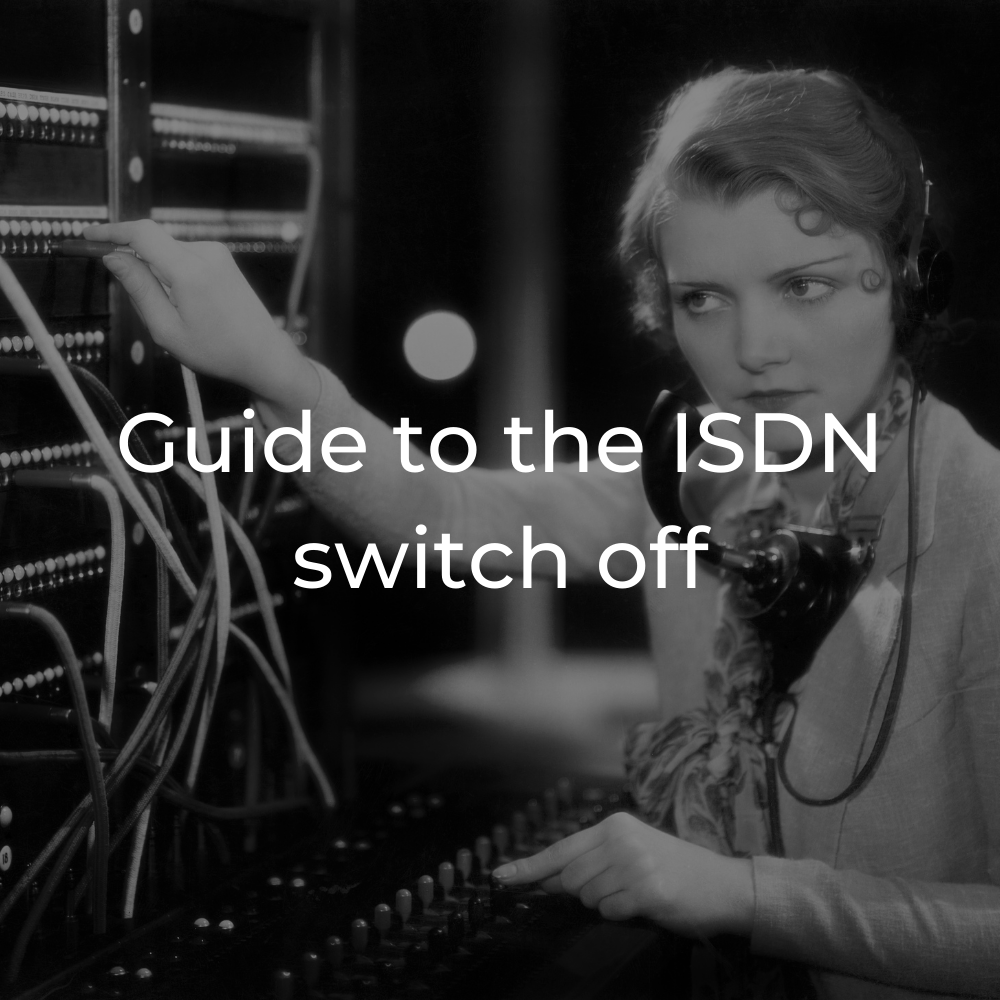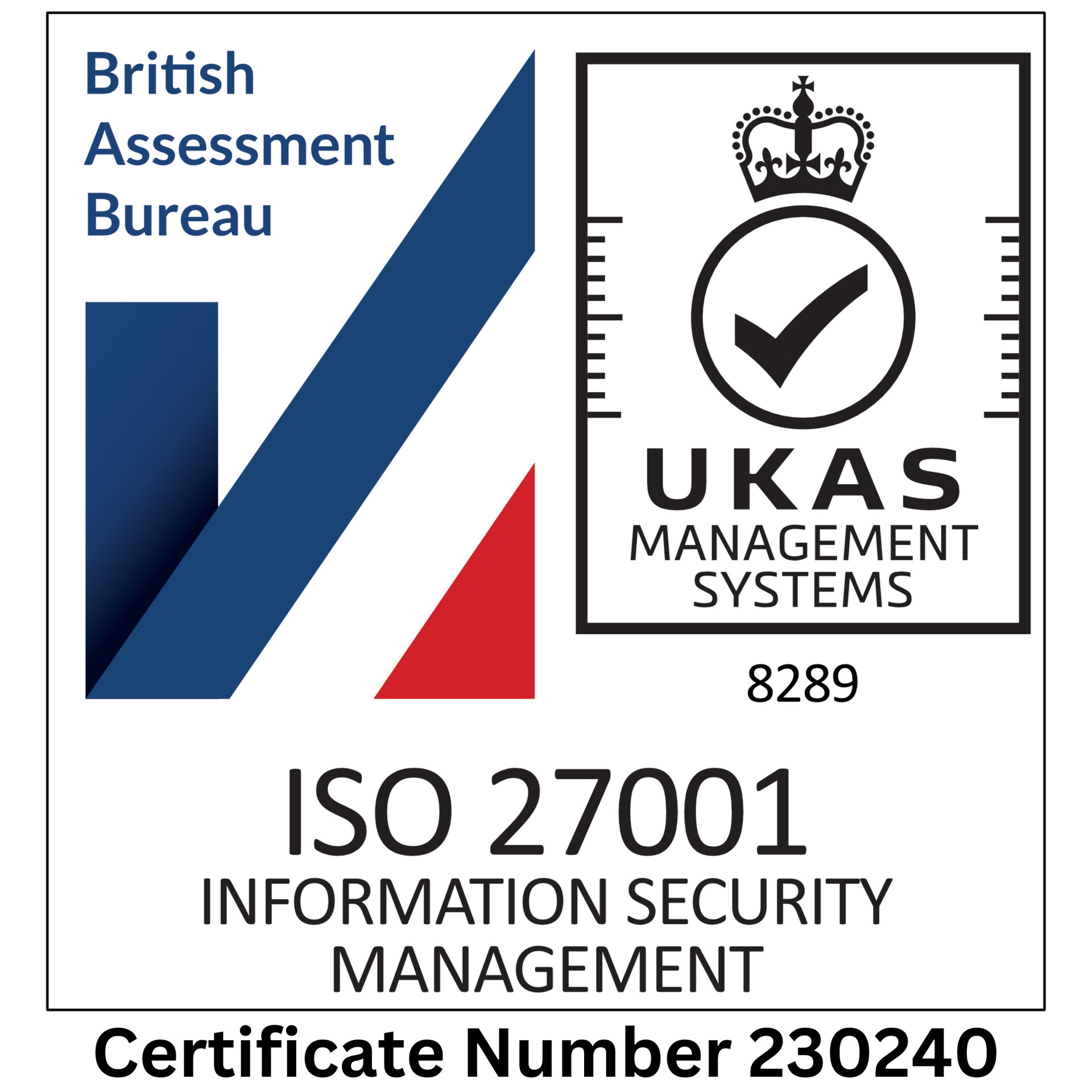What is the best phone system for doctor surgeries or GP practices?
The best VoIP phone system for GPs? We've worked with IP telephony for 10 years, and we think there's a clear winner. Read on to learn the pros and cons.

If you've been following our recent posts, you'll know we're on a bit of a mission to help GPs dump their old, creaky phone systems.
(Want to catch up? Read our posts on how
IP telephony can help GPs, and the
benefits of SystmOne integration.)
We won't cover the same ground here, but we'll sum it up here. As a haiku. Because why not?
Demand for treatment
Increases day by day.
Old phones just can't cope.
You'll also know that we're big fans of VoIP phones (Voice over Internet Protocol, also called IP telephony). In fact, VoIP is the
only kind of phone system we offer.
Why? Because, more than a decade ago, we realised that traditional phone lines were destined for the big call centre in the sky. VoIP phones are more reliable and scalable and come with a raft of features that can save organisations time and cash.
If you're a doctor or a practice manager, it's a great time to be thinking about making the switch. Not only is communication taking more time and energy than ever before (like we need to tell you), but
the government is offering grants for surgeries to upgrade their communications infrastructure.
And if you've done your research, you'll know there are many competing VoIP architectures to choose from. However, there's not a lot of unbiased advice out there to help GP practices make an informed decision.
Full disclosure: we think Wildix is the best fit, so perhaps we are a little biased. But that's based on years spent working with IP telephony, learning the nuances of each system, and installing and maintaining these systems for medical organisations. In doctors' speak it's called a "strong indication", we believe.
That said, let's take a look at the pros and cons of five popular phone systems, and see how they stack up.
Mitel: the pros and cons
We hear GPs are big music fans, so let's try a rock'n'roll analogy.
Mitel is like the U2 of VoIP phone systems. It has plenty of fans, it does what it sets out to do very well, and its CEO wears sunglasses all hours of the day.*
In other words, it's an all-rounder. It has plenty of helpful features like queuing capabilities and call recording, and it performs capably under most conditions.
One big boon for GPs is that it can integrate with EMIS, so if this is your choice of clinical system, it makes for a solid choice.
Verdict: there's no stand-out reason to go for Mitel unless you use EMIS, but you're unlikely to be disappointed if you do.
(*Disclaimer: we have no evidence that Mitel's CEO wears sunglasses all day and it's almost certainly not true. Bono, on the other hand...)
Cisco WebEx: the pros and cons
You've probably heard the name Cisco. It's one of the biggest technology companies in the world, after all. And as you might expect, its phone system – WebEx – is hugely popular, especially with larger businesses.
Really, there's little WebEx can't do. It provides a solid, secure and easy-to-use communications platform with all the functionality you could ever need.
However, it's aimed more at enterprise-level users. In our experience, it's just not suited to small organisations like GP surgeries.
Investing in WebEx would be like nipping into a deli for a sandwich, then ordering a two-foot-tall ice cream sundae just for the hell of it.
Verdict: a great system, but overkill for GPs.
Microsoft Teams: the pros and cons
Ah, Microsoft Teams. The young upstart. It launched less than five years ago and already has a huge global user base.
And for good reason, too. Teams is as easy to use as a Speak & Spell. Plus, it's robust, secure and integrates perfectly with Microsoft's productivity software and Windows operating system.
Are you sensing a "But..."? Yes, sorry, but there is a big caveat. Teams
doesn't integrate well with GP-specific software like clinical databases.
This will be disappointing news, we're sure, if your staff are already up and running with Microsoft Teams. Nobody wants to scrap a system that colleagues are used to. Not unless they really have to.
However, there is a workaround. You could opt for Wildix
and Teams. They play well together, with Teams providing the familiar, simple interface, and Wildix unlocking the GP-friendly features you need.
(Check out our blog post
"Wildix vs Teams" if you want more info on this.)
Verdict: a good option for practices that already use Teams, but only if Wildix is there to plug the gaps.
Samsung phone systems: the pros and cons
Like Cisco, Samsung is a household name. And like Cisco's WebEx, Samsung's phone system offers a raft of features on top of a secure, easy-to-use interface. (Would you expect anything less from the
eighth-highest-valued brand in the world?)
However, there's little to recommend it to GPs specifically. It just doesn't integrate well with UK clinical systems.
Verdict: leave this one to our stateside pals.
Wildix: the pros and cons
If you've read everything we've written up to now (aw…shucks), you'll know that Wildix is our favoured phone system for doctors' surgeries.
Why? Well, for one, Wildix has all the features GPs need,
www.yoozoom.co.uk/GP-Telecom-Solutions such as
queue management, call recording and video calling. And it does all this with an affordable-yet-scalable system, which is more than secure enough to meet NHS standards.
These factors alone would be enough to recommend it. But there are two tasty cherries atop this telephony trifle:
SystmOne integration and
WebRTC.
SystmOne is, after all, one of the most popular clinical systems in the UK. And Wildix's robust integration means your clinical records can be accessed instantly with each ingoing or outgoing call.
And with
WebRTC technology, it's easy for patients to take part in digital consultations, either through a VoIP call or a video chat. WebRTC lets them connect through any web browser on any device, with no need for extra plugins or software.
Any cons? It's less widely used than some other solutions, so it could cause issues for external collaborators (ahem…but WebRTC can take care of that). And it's not the easiest system to install and set up (ahem ahem…but our expert engineers will handle that side of things).
Verdict: robust, secure and scalable? With GP-specific features built-in? Be still our beeping handsets...
What's next?
If you want to know more, book a no-obligation chat with our
medical systems specialist. Or read our "GP telecom solutions" page in your own time.
P.S. our
Knowledge Hub mailing list is pretty cool too. Lots of tech tips and news. No spammy nonsense.




















